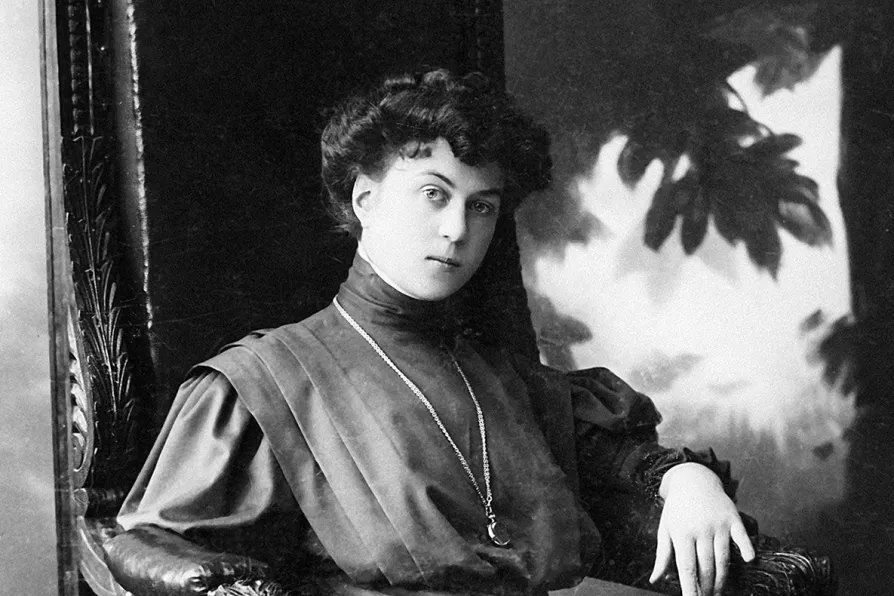RICHARD BURGON MP speaks to Ben Chacko about the Labour right’s complicity in the Mandelson scandal and the need for a total break with Starmerism if the party is to defeat Reform
Kollontai: hero of Soviet women
As a revolutionary, politician, diplomat and leading theoretician of Russian Marxism, she remains one of the towering greats of the 1917 generation, leading the charge on the emancipation of women, writes JENNY FARRELL

 Alexandra Kollontai
Alexandra Kollontai
ALEXANDRA KOLLONTAI, born 150 years ago on March 31 1872, was an outstanding figure in the Russian communist movement.
Kollontai’s active political work began with workers’ evening classes, through which she became part of the Political Red Cross, an organisation supporting political prisoners.
She participated in leafleting and fundraising campaigns in support of a mass strike in the textile industry, an experience that consolidated her certainty of the need for proletarian revolution. In 1899 she joined the illegal Russian Social Democratic Labour Party (RSDLP).
Similar stories

Corbyn and Sultana’s ‘Your Party’ represents the first attempt at mass socialist organisation since the CPGB’s formation in 1921, argues DYLAN MURPHY

RON JACOBS recommends a painstaking study of the communists and revolutionaries who congregated in Moscow after 1917

Author RACHEL HOLMES invites readers to come to her talk in London about the great foremother of the working-class women’s movement – Eleanor Marx

From McCarthy’s prison cells to London’s carnival, Jones fought for peace and unity while exposing the lies of US imperialism, says ROBERT GRIFFITHS, in a graveside oration at Highgate Cemetery given last Sunday










